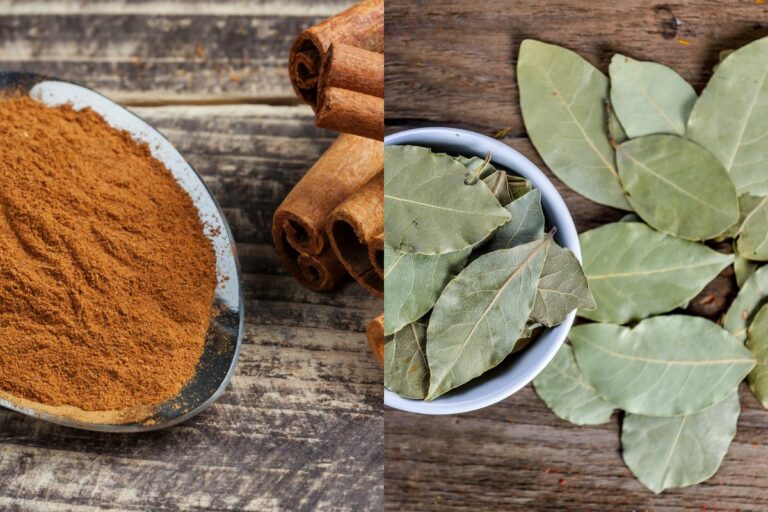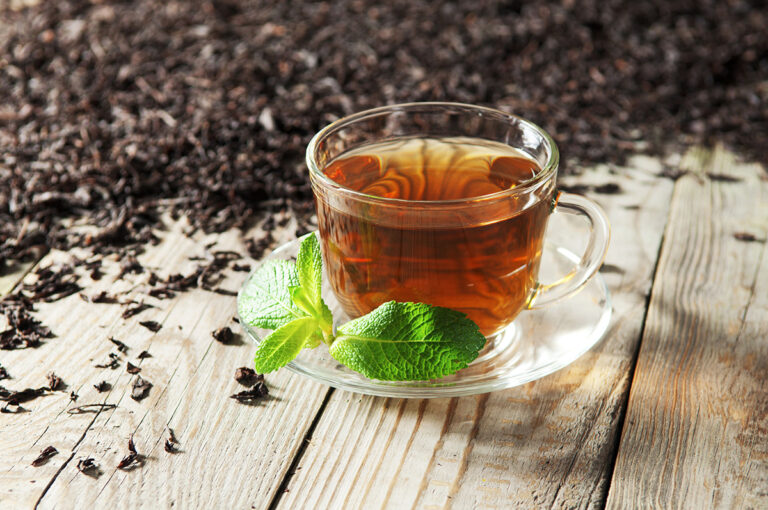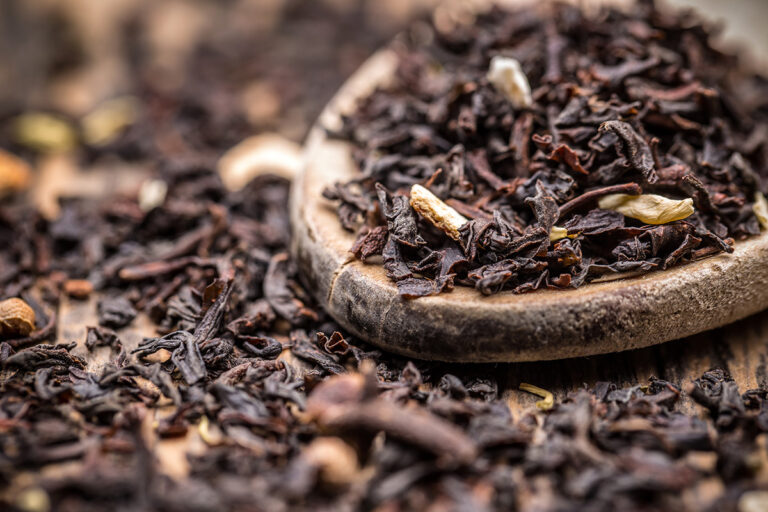Feverfew Tea: Benefits, Side Effects, and How to Make It
Feverfew tea is a herbal beverage brewed from the leaves of the feverfew plant, scientifically known as Tanacetum parthenium. This plant, belonging to the daisy family, is native to Europe and Asia but is now grown globally. The name “feverfew” stems from its historical use in treating fevers, but modern uses and benefits are varied and intriguing.

Potential Health Benefits of Feverfew Tea
Feverfew tea isn’t just a delightful beverage; it comes with a range of potential health benefits.
Migraine Relief
One of the most popular uses of feverfew tea is its purported ability to relieve migraines. Several studies suggest that certain compounds in feverfew can help reduce the frequency and severity of migraines by decreasing inflammation and inhibiting the release of pain-causing substances in the brain.
Eases Arthritis Pain
Feverfew’s anti-inflammatory properties can also extend to arthritis relief. The parthenolide compound present in feverfew may help reduce joint inflammation and ease arthritis pain.
Reduces Fever
Living up to its namesake, feverfew tea may assist in reducing fevers. While it’s not a replacement for professional medical advice and treatment, it can be a supplemental aid in fever reduction due to its potential to increase perspiration and cool the body.
Feverfew Tea Side Effects
Just like any other natural remedy, feverfew tea comes with its share of potential side effects.
Allergic Reactions
As feverfew belongs to the daisy family, those who are allergic to daisies, chrysanthemums, or marigolds might also react to feverfew. Allergic reactions can range from mild skin rashes to severe respiratory problems.
Mouth Ulcers
Regular consumption of raw feverfew leaves or strong feverfew tea may cause mouth ulcers or sores. It is important to dilute the tea appropriately to mitigate this potential side effect.
Withdrawal Symptoms
If consumed regularly, sudden discontinuation of feverfew may lead to withdrawal symptoms. These symptoms might include restlessness, headache, insomnia, and joint pain.
Who Should Not Drink Feverfew Tea?
While feverfew tea offers many benefits, certain groups should avoid it. Pregnant and breastfeeding women should refrain from consuming feverfew tea due to its potential to stimulate uterine contractions. Those undergoing surgery or taking blood-thinning medications should also avoid feverfew, as it may affect blood clotting.
How to Make Feverfew Tea
Ready to brew a cup of feverfew tea? Here are the steps:
- Pick fresh feverfew leaves or buy dried feverfew tea leaves from a reputable source.
- For one cup of tea, use 1-2 teaspoons of dried leaves or 2-3 fresh leaves.
- Pour boiling water over the leaves and let it steep for 5-10 minutes.
- Strain the tea into a cup and enjoy!
Remember to follow the manufacturer’s guidelines stated on the packaging if you use a branded product.
Final Thoughts
Feverfew tea is a versatile beverage offering various potential health benefits. However, it is important to remember that these benefits are not universally guaranteed and may vary among individuals. Always consider potential side effects and consult a healthcare professional when in doubt.
FAQ
What Does Feverfew Tea Taste Like?
Feverfew tea has a slightly bitter taste, similar to that of chamomile or green tea. The bitterness can be reduced by adding honey or lemon.
When Should I Drink Feverfew Tea?
Feverfew tea can be consumed at any time of the day. However, if you’re using it for migraine relief, it’s best to drink it at the onset of symptoms.
How Often Can You Drink Feverfew Tea?
Unless advised differently by a healthcare provider, it is generally safe to drink one to two cups of feverfew tea per day. Always follow the manufacturer’s guidelines if using a branded product.
How Long Can You Drink Feverfew Tea Safely?
The safe duration for consuming feverfew tea can vary based on individual health conditions and the strength of the tea. Generally, short-term use of about four months is considered safe. Long-term use should only be done under the supervision of a healthcare provider. Always follow the manufacturer’s guidelines if using a branded product.
Is Feverfew Tea Good for Headaches?
Feverfew tea has been traditionally used for headache relief, particularly for migraines. Some scientific studies suggest it might be beneficial, but the results are not conclusive, and it should not replace professional medical advice.






